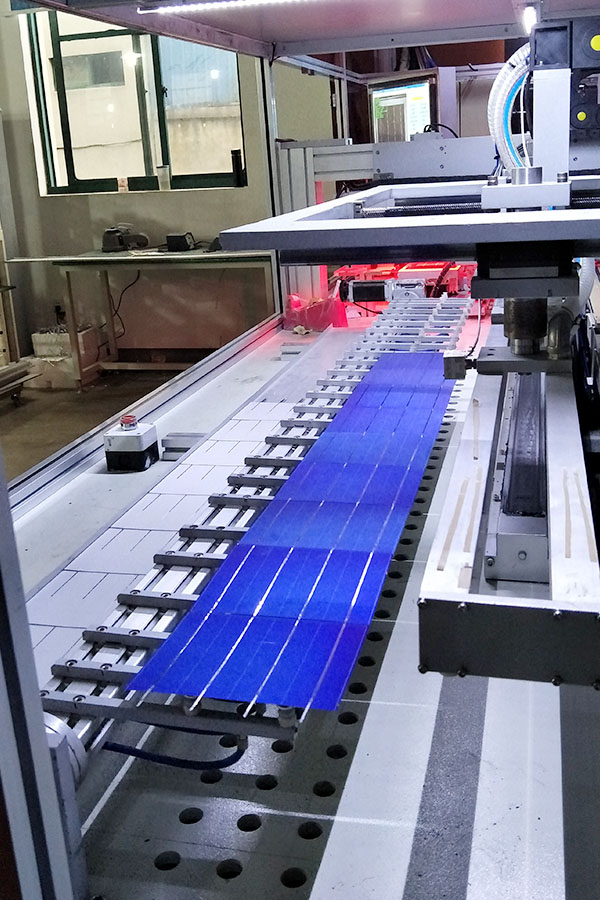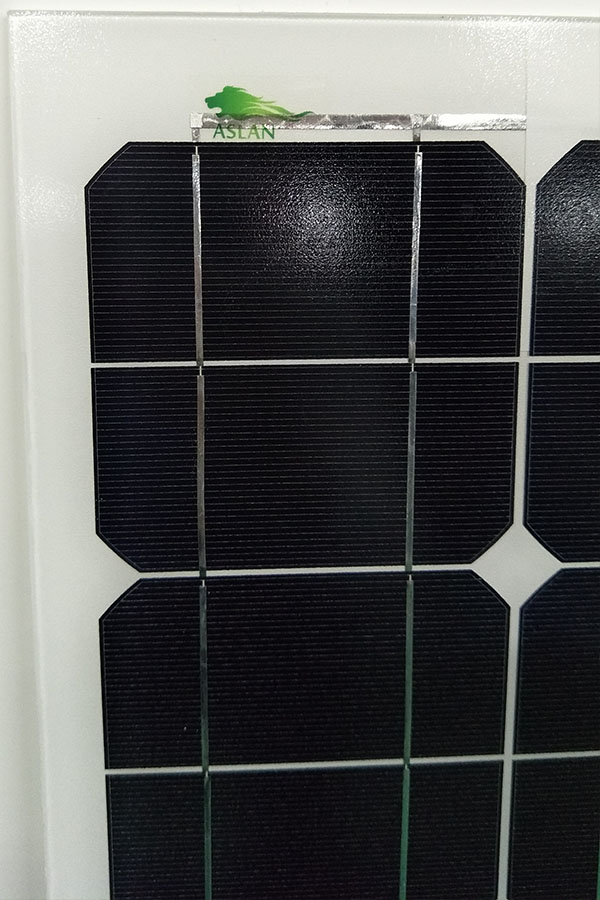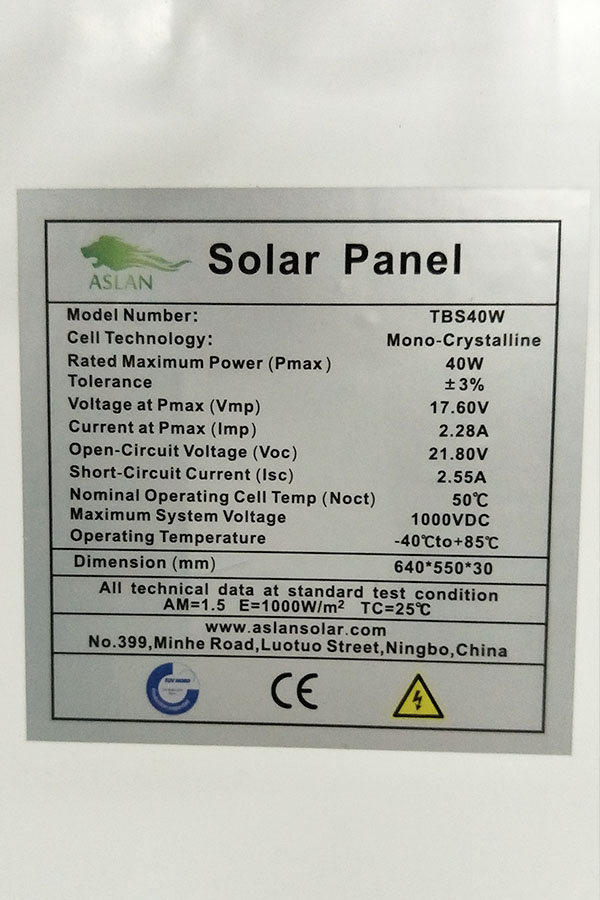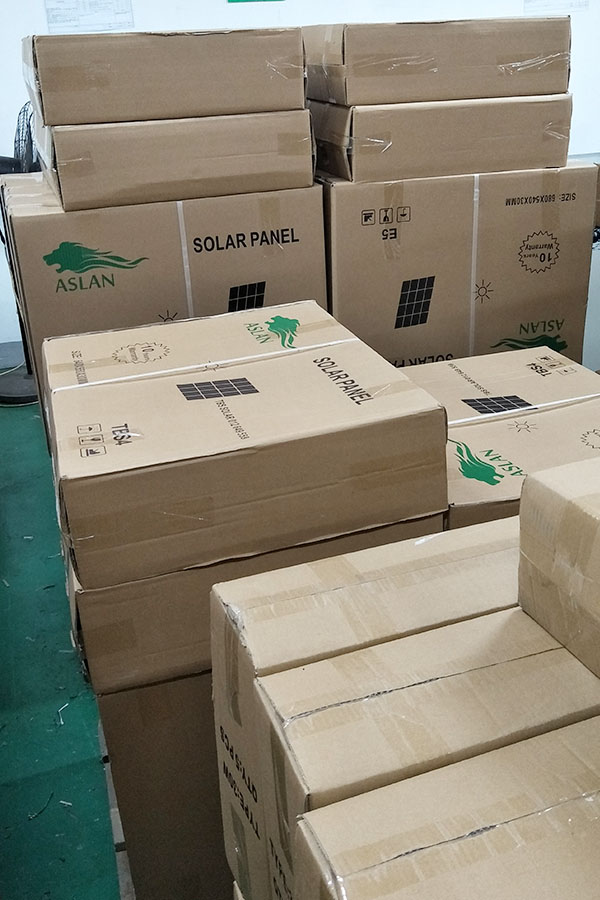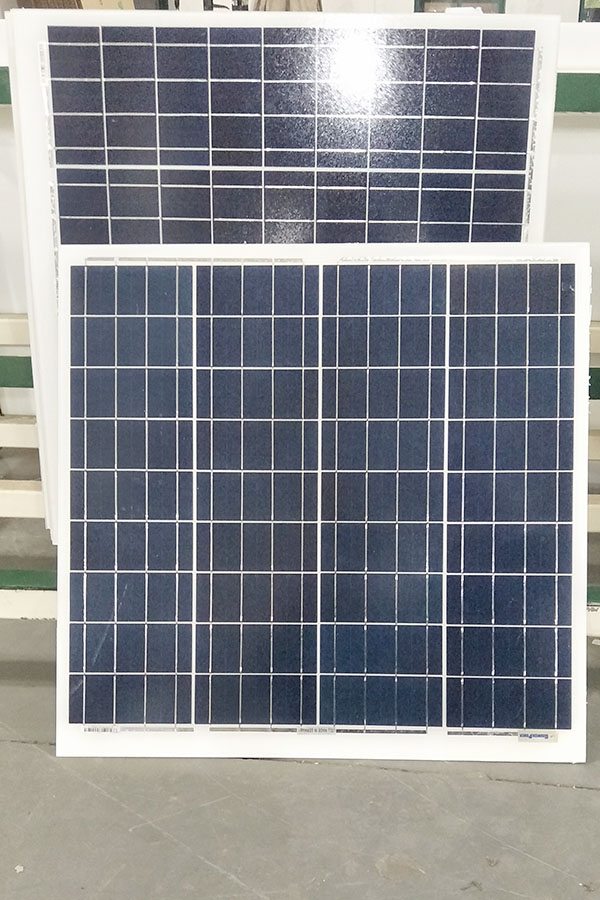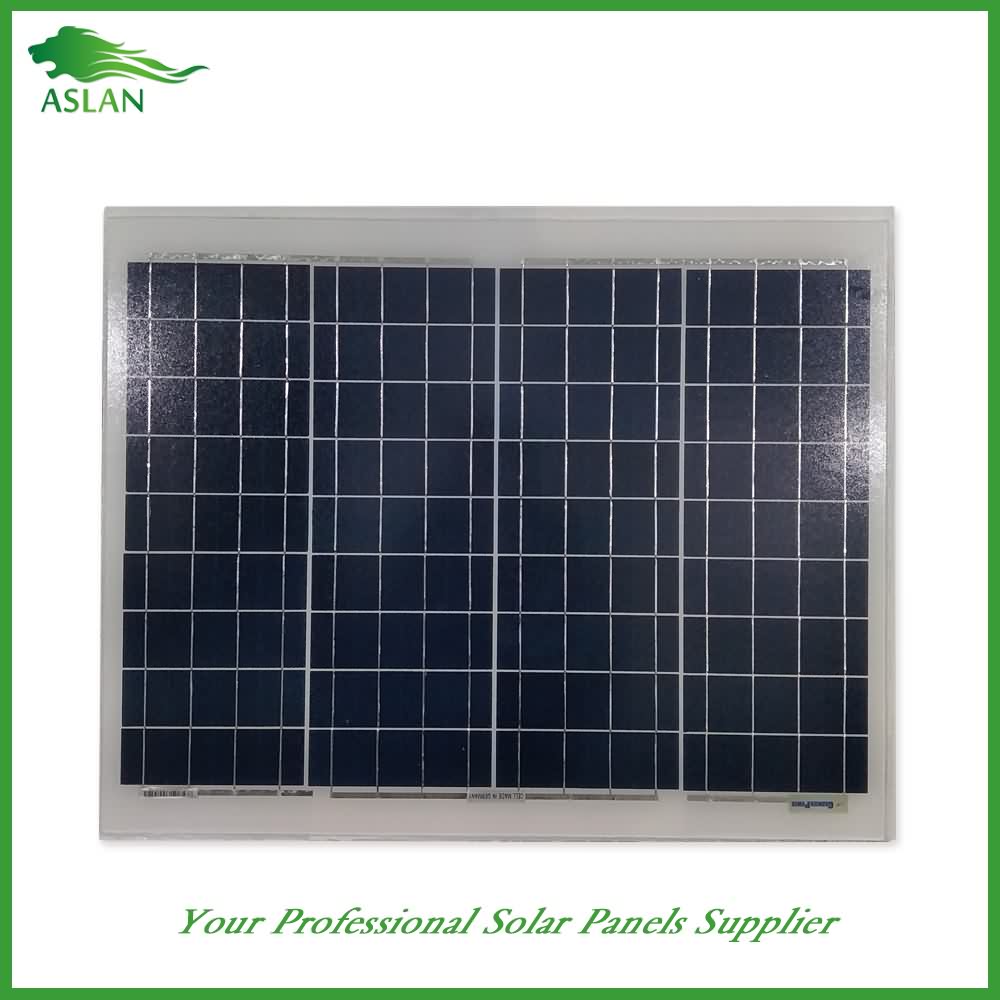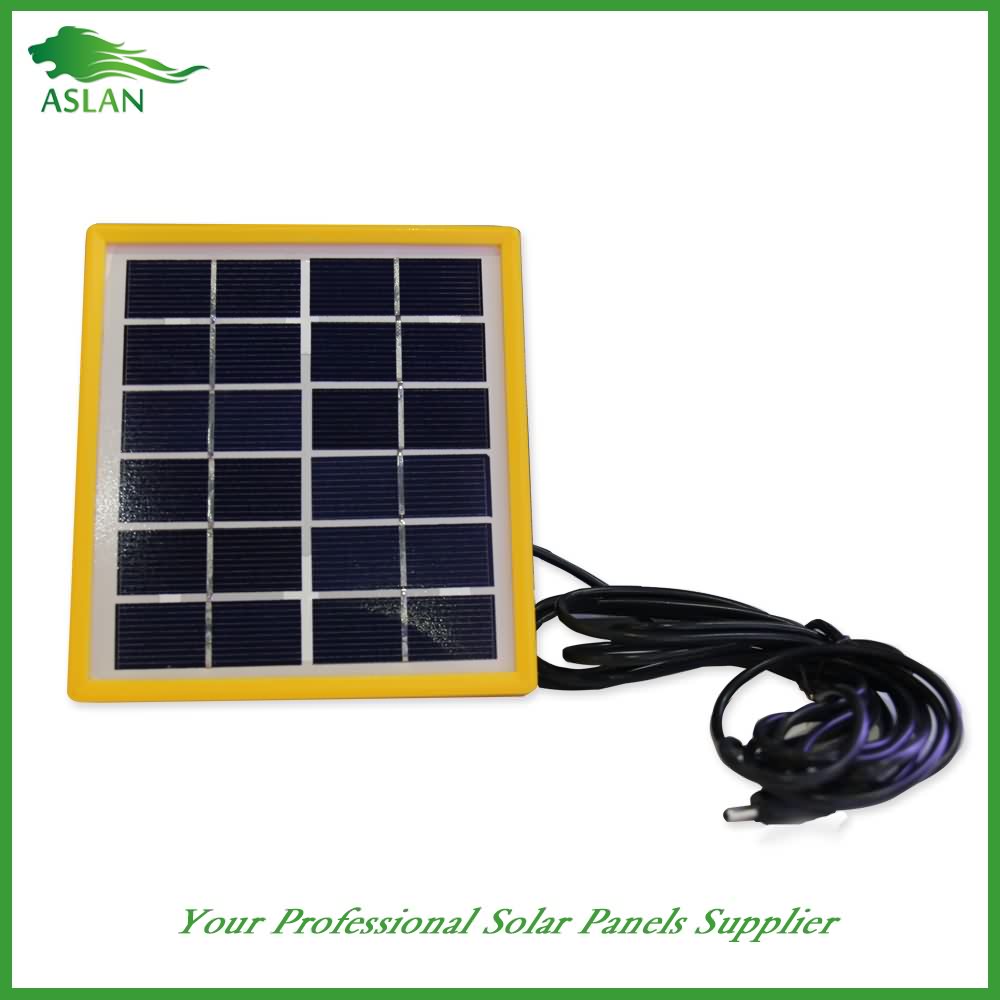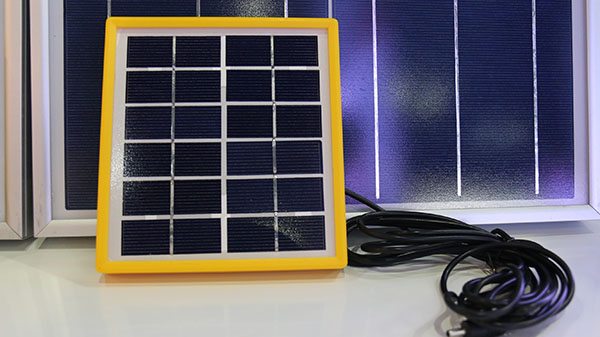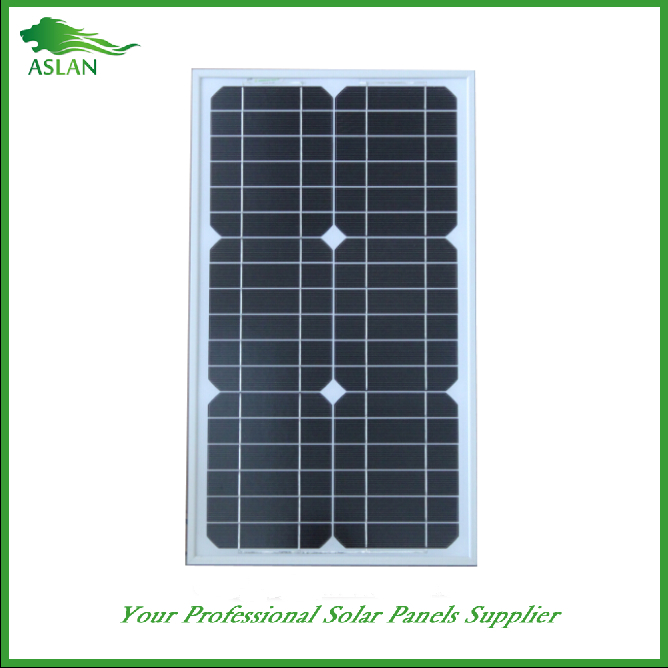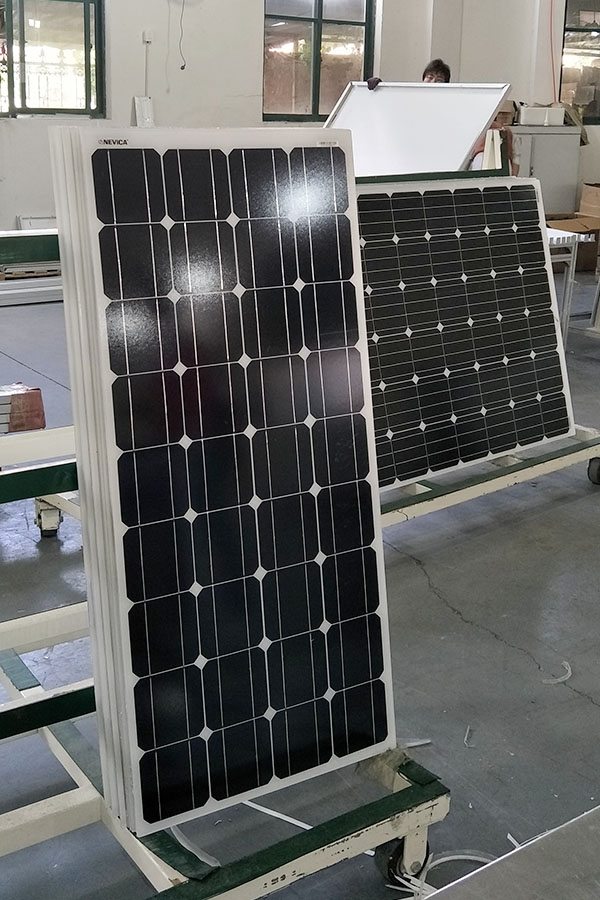50% OFF Price For Poly-crystalline Solar Panel 3W for belarus
Short Description:
Assume full responsibility to meet all demands of our clients; achieve continuous advancements by promoting the growth of our clients; become the final permanent cooperative partner of clients and maximize the interests of clients for 50% OFF Price For Poly-crystalline Solar Panel 3W for belarus, With the aim of "compete with good quality and develop with creativity" and the service principle of "take customers' demand as orientation", we will earnestly provide qualified products and good service for domestic and international customers.
Poly-crystalline Solar Panel 3W
Technical parameter
Maximum Power(W) 3W
Optimum Power Voltage(Vmp) 9V
Optimum Operating Current(Imp) 0.34A
Open Circuit Voltage(Voc) 10.8V
Short Circuit Current(Isc) 0.37A
Mechanical Characteristics
Cell Type Polycrystalline
No of Cell 18 (2x9pcs)
Dimensions 145x245x18mm
Weight 0.52KGS
Front Glass 3.2mm,High Transmission, Low Iron,Tempered Glass
Temperature and Coefficients
Operating Temperature(°C): -40°C ~ + 85°C
Maximum System Voltage: 600V(UL)/1000V(IEC) DC
Maximum Rated Current Series: 10A
Temperature Coefficients of Pmax: -0.435%
Temperature Coefficients of Voc: -0.35%
Temperature Coefficients of Isc: 0.043%
Nominal Operationg Cell Temperature (NOCT): 47+/-2°C
Materials of solar panel
1).Solar Cell——Polycrystalline solar cell 156*156mm
2).Front Glass——-3.2mm, high transmission, low iron, tempered glass
3).EVA——-excellent anti-aging EVA
4).TPT——-TPT hot seal made of flame resistance
5).Frame——anodized aluminum profile
6).Junction Box——-IP65 rated, high quality, with diode protection
Superiority: high quality anodized aluminum frame, high efficiency long life, easy installation, strong wind resistance, strong hail resistance.
Features
1. High cell efficiency with quality silicon materials for long term output stability
2. Strictly quality control ensure the stability and reliability, totally 23 QC procedures
3. High transmittance low iron tempered glass with enhanced stiffness and impact resistance
4. Both Poly-crystalline and Mono-crystalline
5. Excellent performance in harsh weather
6. Outstanding electrical performance under high temperature and low irradiance
Quality assurance testing
Thermal cycling test
Thermal shock test
Thermal/Freezing and high humidity cycling test
Electrical isolation test
Hail impact test
Mechanical, wind and twist loading test
Salt mist test
Light and water-exposure test
Moist carbon dioxide/sulphur dioxide
how to make silver conductive ink ..
The ink is developed by positioning an aqueous remedy of silver nitrate into a flask of drinking water merged with polyacrylic acid (PAA) and diethanolamine (DEA), the capping agent and cutting down agent, respectively. Right after about 20 hrs, the silver nitrate is dissolved, forming particles with a diameter of about 5 nanometers. In order to enlarge the size of the particle to an regular diameter of about 400 nanometers, the flask is put on a heated sonicator, a product that produces superior-depth ultrasound. As soon as cooled, the remedy is poured into a more substantial flask and the thick precipitate, an insoluble stable, that is fashioned is scraped out. From there, ethanol is added to coagulate the particles, or modify the particles to a stable point out. Most of the supernatant, the liquid lying above a layer of the precipitate, is then poured out so that the remaining liquid can be centrifuged, or separated. Right after the method of centrifugation, the particles are put back in drinking water and compelled by a syringe filter to remove needless particles in the remedy. Following, hydroxyethyl cellulose (HEC) is added as a binder and the whole mixtures is homogenized. The solvents are allowed to evaporate right until the ink has a desired viscosity. or thickness.[two]
As soon as the ink is developed, a roller ball pen is dismantled and cleaned so that the ink can be put inside using a flat tip spatula. Right after changing the roller ball tip, a couple blasts of compressed air is shot from the back end to power the ink into the tip. The outer address of the pen is put back on and the prototype of the Circuit Scribe is developed.
This super-quiet, portable air conditioner is easy to build. It runs on USB power which means it will work with a battery, solar power, laptop, or anything else with a USB outlet. Easy DIY Life Hack!
http://makeanddo.net
Get the fan here: http://amzn.to/2nkAkhZ
Get the cooler here: http://amzn.to/2nNn3Sg
Get the solar panel here: http://amzn.to/2ocz1G5
Get the battery pack here: http://amzn.to/2oczbx4
I’ve discovered something that helps push the air even more. If you buy a small usb powered clip on fan and clip it next to the outlet, it helps draw out more air. Here is a link to the one I use: http://amzn.to/2uBShfh

